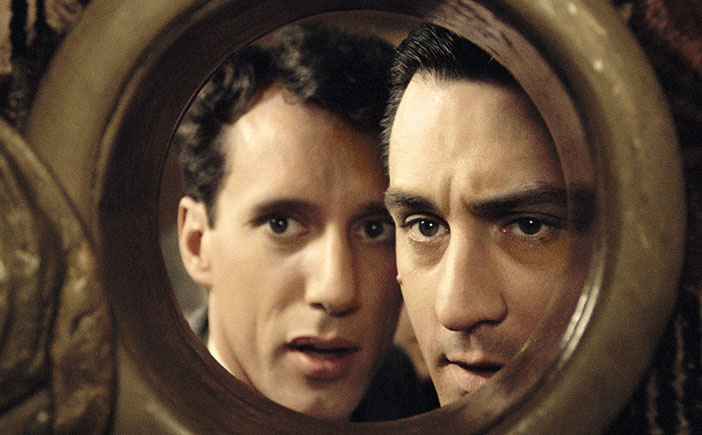
Following the article where we explored the directors who started their careers with a masterpiece, this one is dedicated to approaching some of the best last films in a director’s career.
As usual, many things interfere in the choice of the titles of this list, but are mainly personal preferences (and even memory). If you know any other final film in a director’s career that you believe that should be on the list, please share it in the comments below.
So, here are 10 directors who ended their careers with a masterpiece.
10. Robert Bresson: L’Argent (a.k.a. “Money”) (1983)
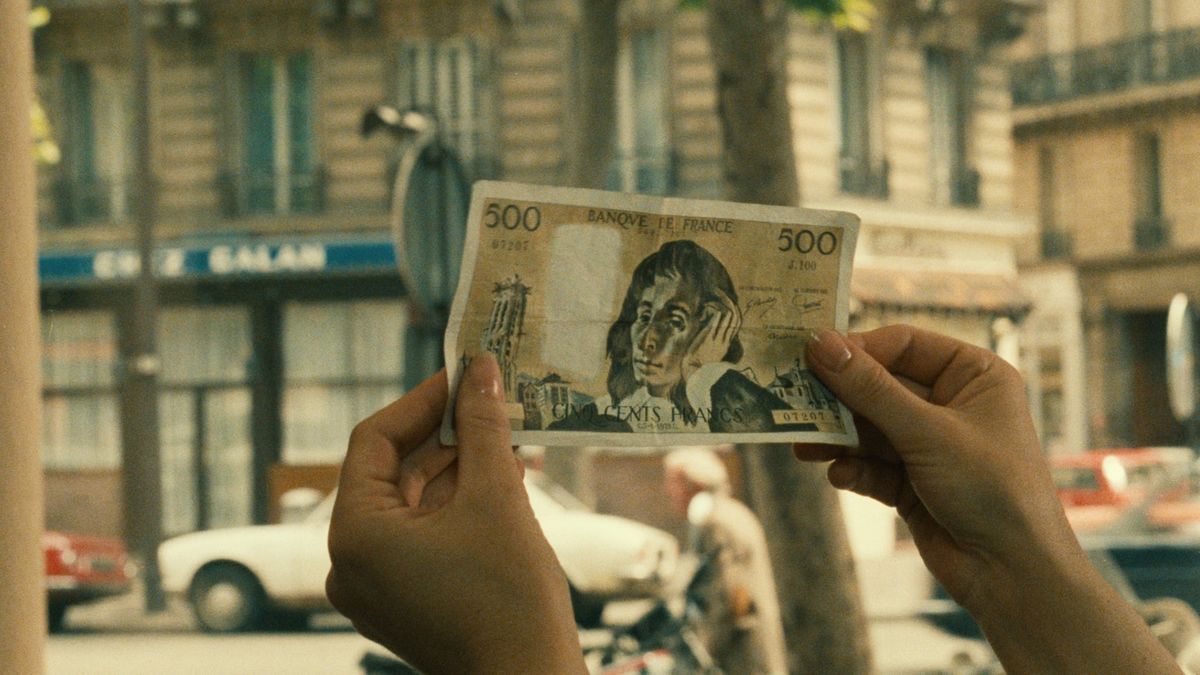
One of the greatest masters in the history of film, Robert Bresson was born in Bromont-Lamothe, France, on September 25, 1901. Deservedly remembered as one of the best directors in the history of French cinema, he started his career with the short film “Public Affairs” (1934) and his first feature film was the amazing “Angels of Sin” from 1943.
With many masterpieces in his career such as “A Man Escaped” (1956), “Pickpocket” (1959), “The Trial of Joan of Arc” (1962) and “Balthazar” (1966), his last film, “L’Argent” (1983), would not be less brilliant than its predecessors in his filmography.
Adapted from the first part of “The Forged Coupon”, a novella written by acclaimed Russian author Leo Tolstoy, “L’Argent” follows the story of a 5000-franc forged note that moves forward in business transactions until an innocent man tries to pay a bill with it, an incident that has tragic consequences in his life.
Sharing the Prix de la Mise en Scène, the Best Director award at the Cannes Film Festival, in 1983 with Andrei Tarkovsky’s “Nostalghia”, one of the most astonishing aspects of this film (as it happens with many others in Bresson’s career) is his ability to make details take over the entire scene with perfectly choreographed movements.
“L’Argent” is an amazing career ending and definitely a must-see film from one of the greatest auteurs in the history of cinema.
9. Stanley Kubrick: Eyes Wide Shut (1999)
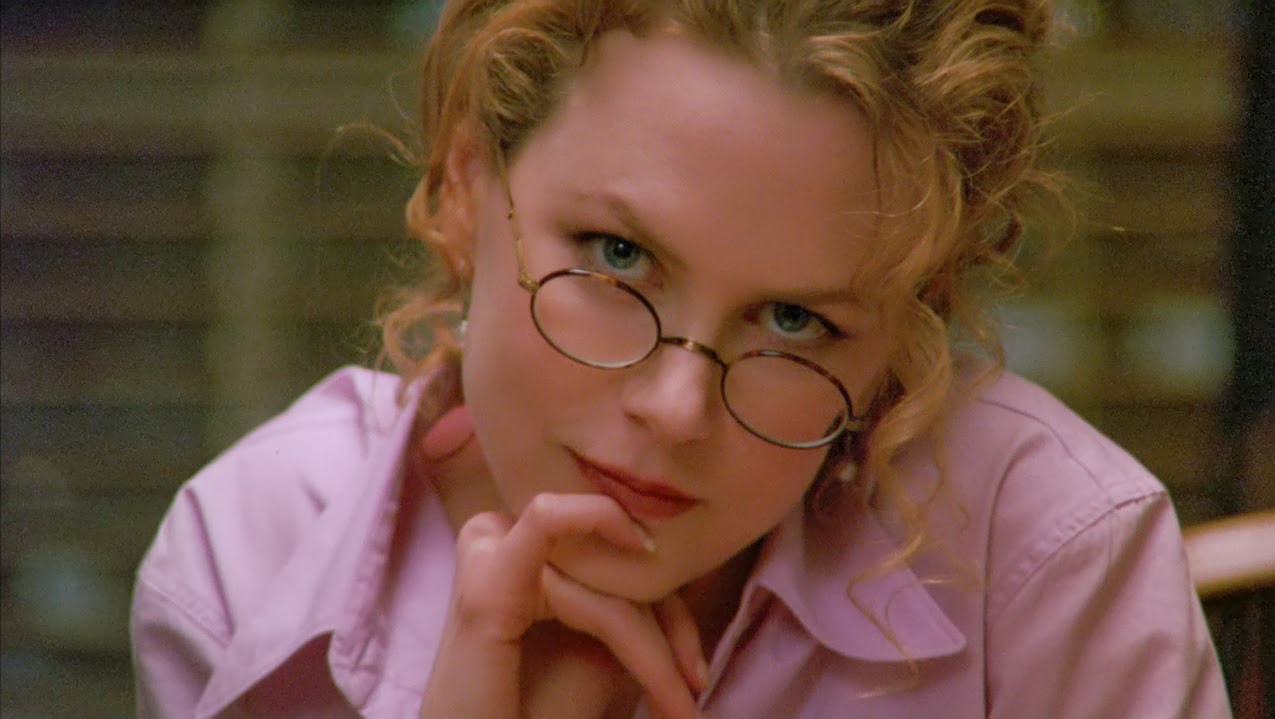
Often considered a “smaller film” in Kubrick’s career – but only because people are comparing it to the other masterpieces of the american director – “Eyes Wide Shut” is one of the greatest films from the 90s and the last one made by a man who is often considered the best filmmaker of all time.
Whether you agree with it or not, we must admit that Kubrick, though he started with two feature films that are far from being good, “Fear and Desire” (1953) and “Killer’s Kiss” (1955), has one of the most solid careers in film history from “The Killing” (1956) to the last movie of his career, “Eyes Wide Shut” (1999).
Following the story of a married couple in New York City, “Eyes Wide Shut” is a film that approaches lust, trust and love, and is an amazing conclusion to Kubrick’s career. In the story, when William (Tom Cruise) hears from his wife about her sexual fantasies, he goes on a journey through New York trying to live a sexual adventure, but ends up facing great danger.
With an amazing setting and production design, allied with the strong performances by Cruise and Nicole Kidman, “Eyes Wide Shut” should be definitely be remembered as one of the greatest – and one of the most somber – films of the 90s and among the best directorial goodbyes in film history.
8. Yasujiro Ozu: An Autumn Afternoon (1962)
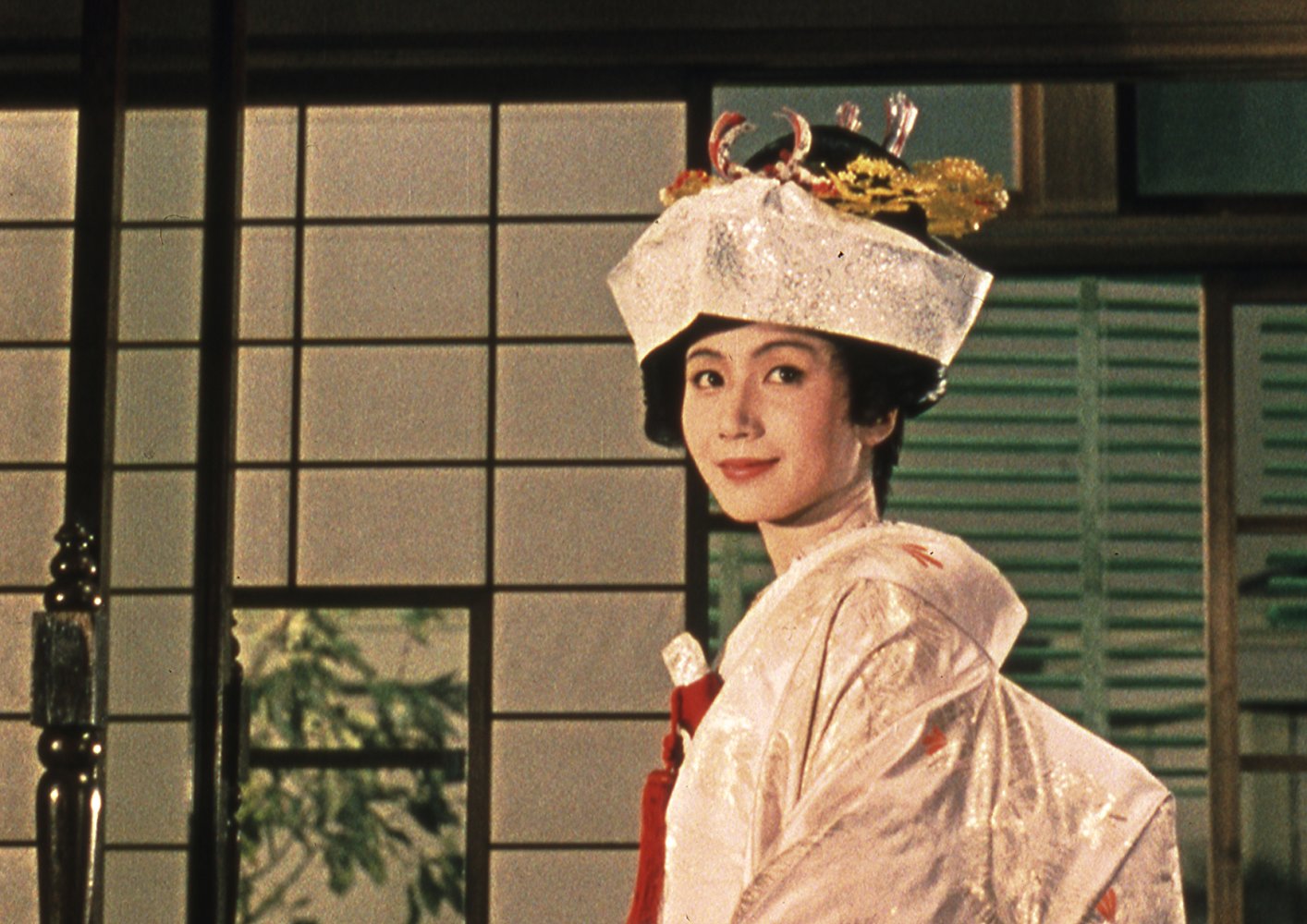
Born on December 12, 1903 and passing away exactly 60 years later on December 12, 1963, Yasujiro Ozu is one of the best filmmakers in the history of Japanese cinema.
From “Blade of Penitence” (1927), his directorial debut that unfortunately got lost, to “An Autumn Afternoon” (1962), Ozu started his career making comedies but ended up bringing to life many beautiful dramas about family, marriage and generations. Responsible for masterpieces like “Tokyo Story” (1953) and “Floating Weeds” (1959), only a few artists are able to capture and explore humanity in characters, stories and environments as brilliantly as Ozu was able to.
In his last film, “An Autumn Afternoon”, Ozu shows us the story of a widower living in Tokyo with his daughter and his son in the early 60s. Perceiving that his 24-year-old daughter stayed single to take care of him, he decides to find a husband for her.
With his singular approach on family stories, Ozu delivers once again a slow-paced masterpiece that is a great portrait of the relationship between generations, with a terrific performance from Chishû Ryû.
7. F.W. Murnau: Tabu – A Story of the South Seas (1931)
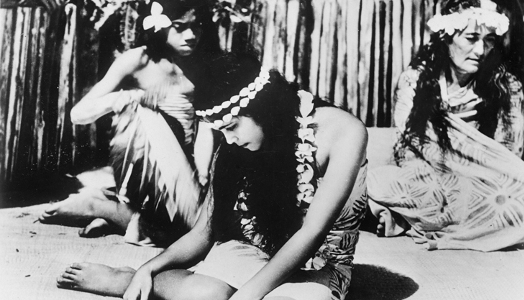
Born in 1888 in Bielefeld, Germany, Friedrich Wilhelm Murnau was a German director who was responsible for acclaimed films like “Nosferatu” (1922), “The Last Laugh” (1924) and “Faust” (1926), and after moving to Hollywood, films like “Sunrise” (1927) and “City Girl” (1930).
Leaving a mark in expressionism with “Nosferatu” and in directing “Sunrise”, which are often considered among the greatest films in history, Murnau is without a doubt among the greatest directors in the history of German cinema.
In his final film “Tabu”, released in 1931, Murnau follows the story of two lovers on the peaceful island of Bora Bora who have their lives destroyed when a warrior declares that the girl is the Chosen Maid and no man can even look upon her. Determined to continue together, they run away to another island, but their destiny might be more tragic than they imagined at first.
This silent masterpiece, released a week after Murnau passed away, has an unique approach on tradition and love, and is a movie that must be seen by any cinephile and is surely among the best final films in history.
6. Kenji Mizoguchi: Street of Shame (1956)
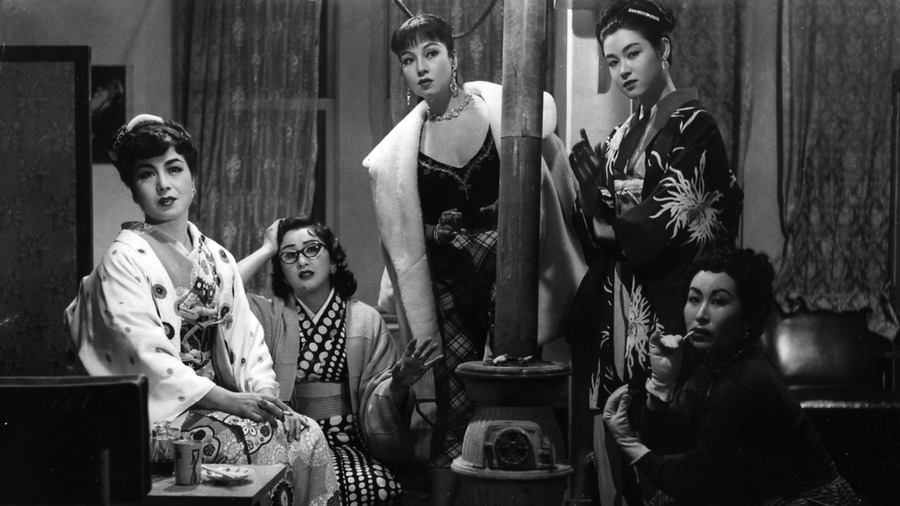
With acclaimed movies marked by long takes and a powerful mise-en-scène, Kenji Mizoguchi was a Japanese filmmaker who will always be remembered as one of the greatest directors that ever lived.
Having directed nearly 100 movies during his life, Mizoguchi is often remembered for films like “Ugetsu” (1953), which won the Silver Lion at the Venice Film Festival, “The Story of the Last Chrysanthemums” (1939) and “Sansho the Bailiff” (1954), but his last film, “Street of Shame” (1956), is at least nearly as good as his most acclaimed films.
Following the story of various prostitutes who work in a Tokyo district, the movie shows their drama when the Diet considers prohibiting prostitution. With great music composed by Toshiro Mayuzumi and great cinematography by Kazuo Miyagawa, “Street of Shame” should certainly feature among the best works in Mizoguchi’s career.
Many traces of Mizoguchi’s filmography are in this film. The vigorous mise-en-scène, and his approach on dreams and humanity, alongside the beautiful long takes that show the audience the many layers of the scenario, make this last work from Mizoguchi a mandatory film for fans of the director.